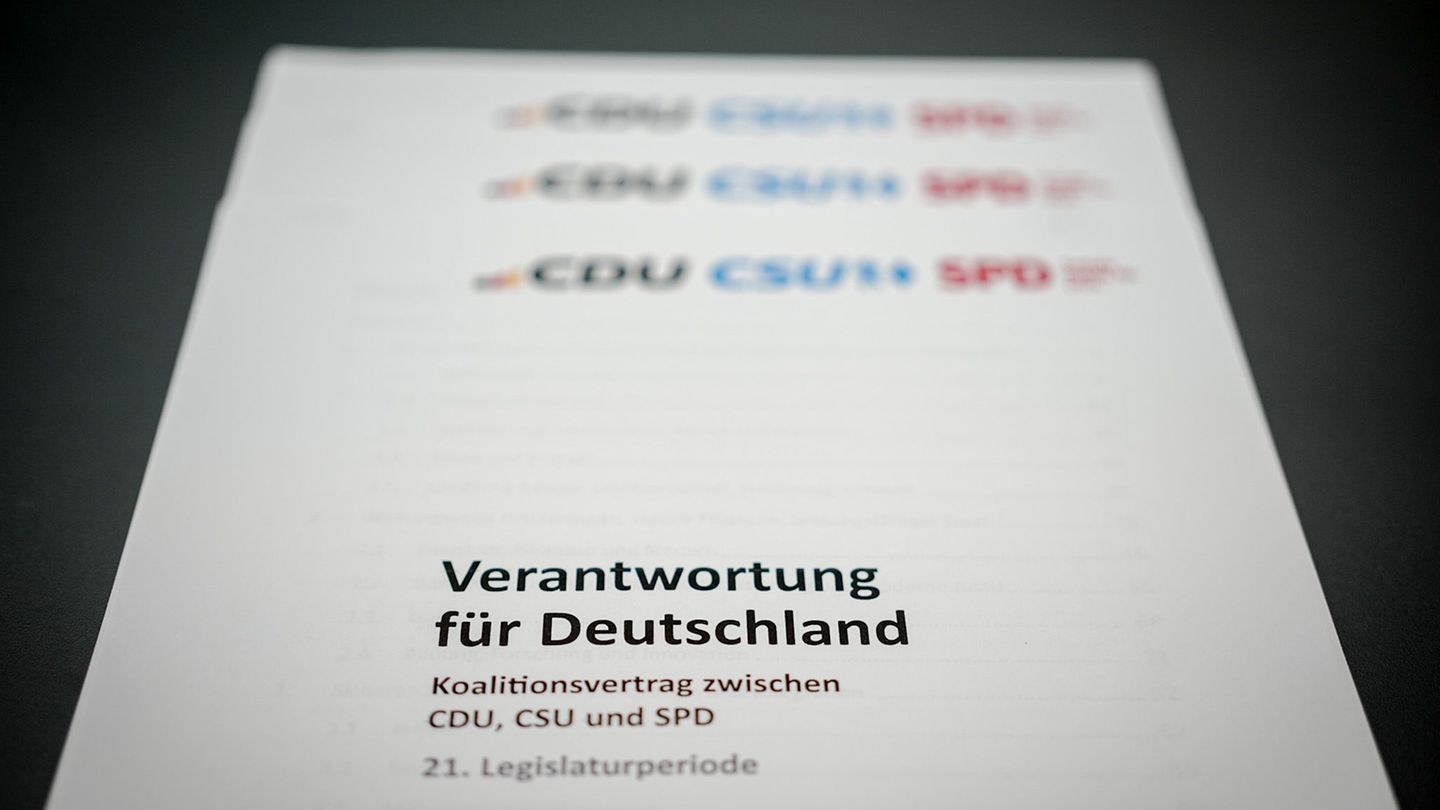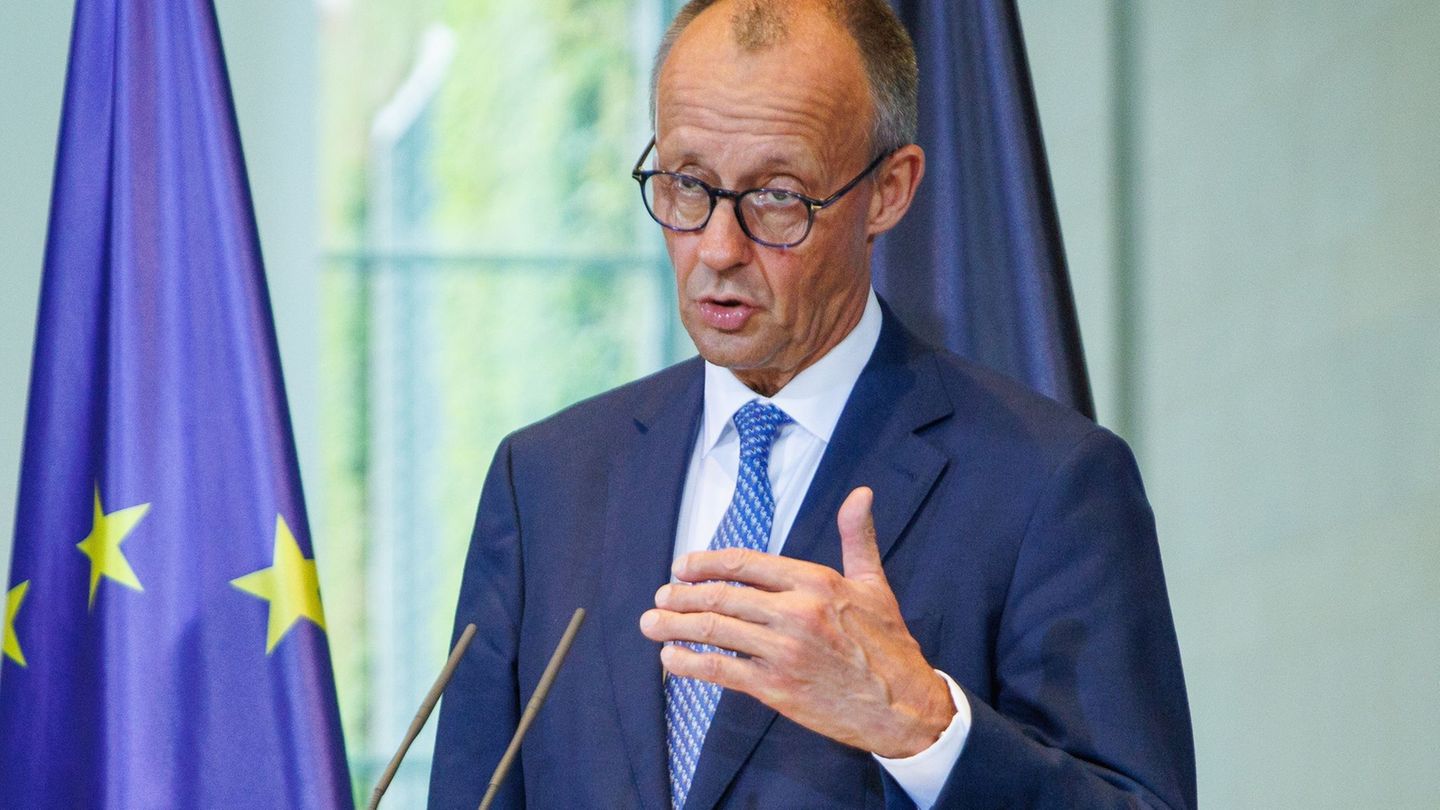Europe’s companies are lagging behind. Investments worth billions in the economy are needed, warns a report for the EU Commission. But there is no clear answer to one key question.
Competition with the USA and China, huge investment needs and climate change: according to former Italian Prime Minister and ECB President Mario Draghi, the European economy must become much more innovative in order not to fall behind. The EU is facing an “existential challenge,” writes the 77-year-old in a report commissioned by the European Commission about a year ago.
If the local economy does not become more productive, it will be forced to scale back its own demands in terms of climate protection, the development of innovative technologies or its own social model. Europe is stuck in a static industrial structure, says the economist and former President of the European Central Bank (ECB). Only a few new companies are emerging that change existing industries or develop new growth engines.
Europe is weakening in the tech sector
Many in the EU fear that local companies could be left behind. Another report commissioned by the EU heads of state and government this year found that while per capita economic output in the USA increased by almost 60 percent between 1993 and 2022, the increase in Europe was less than 30 percent.
Draghi now attributes this primarily to the technology sector. “Europe has largely missed the digital revolution triggered by the Internet and the associated productivity gains,” his report says. The EU is weak when it comes to new technologies that drive future growth.
Investments worth billions needed
Only 4 of the 50 largest technology companies in the world are European companies. Investments are necessary in order not to fall behind, warns Draghi. Citing figures from the EU Commission, he says the additional investment required is at least 750 billion to 800 billion euros per year. Climate-friendly technologies could potentially boost growth in the EU.
The Italian cites the ageing population as another challenge: “By 2040, two million workers will disappear from the labor market every year.” In addition, world trade is slowing down and Europe has lost a cheap energy supplier in Russia.
Peter Adrian, President of the German Chamber of Industry and Commerce, points out that high energy prices, too much bureaucracy and a slow digital transformation are major obstacles to greater competitiveness and must be removed. Draghi has the right message.
Situation of the auto industry “not rosy”
The fact that the European economy is under pressure is currently particularly evident in Germany’s largest industry, the automotive sector. Volkswagen – Europe’s largest car manufacturer – had announced that it would further tighten the austerity measures it had taken at its core brand VW in view of the worsening situation.
Plant closures and layoffs are on the horizon. But the situation is also tense at other manufacturers. “The mood in the automotive industry is in free fall,” said Anita Wölfl from the Munich-based Ifo Institute recently.
“The announcements of factory closures worry me greatly,” said outgoing Industry Commissioner Thierry Breton to the “Handelsblatt”. The situation in the industry is “not rosy” and there is no point in sugarcoating it. Breton attributes the crisis to the fact that European manufacturers are not succeeding in convincing their customers of electromobility. The French Commissioner said that the focus must be on “preserving and maintaining our know-how, our innovative strength and our competitiveness.”
Competitiveness high on the agenda
Europe’s competitiveness has long since reached the top of the boardroom: “There is broad consensus that this issue must be at the top of our agenda and at the heart of our actions,” said Commission President Ursula von der Leyen when presenting the report in Brussels. But one question remains: where will all the money come from?
Historically, according to Draghi, about four-fifths of productive investment in Europe has come from the private sector and the remaining fifth from the public sector. Draghi argues that EU states should spend money to finance cross-border projects. Von der Leyen says joint EU projects could either be financed through contributions from EU states or more EU own resources would be needed.
Source: Stern




